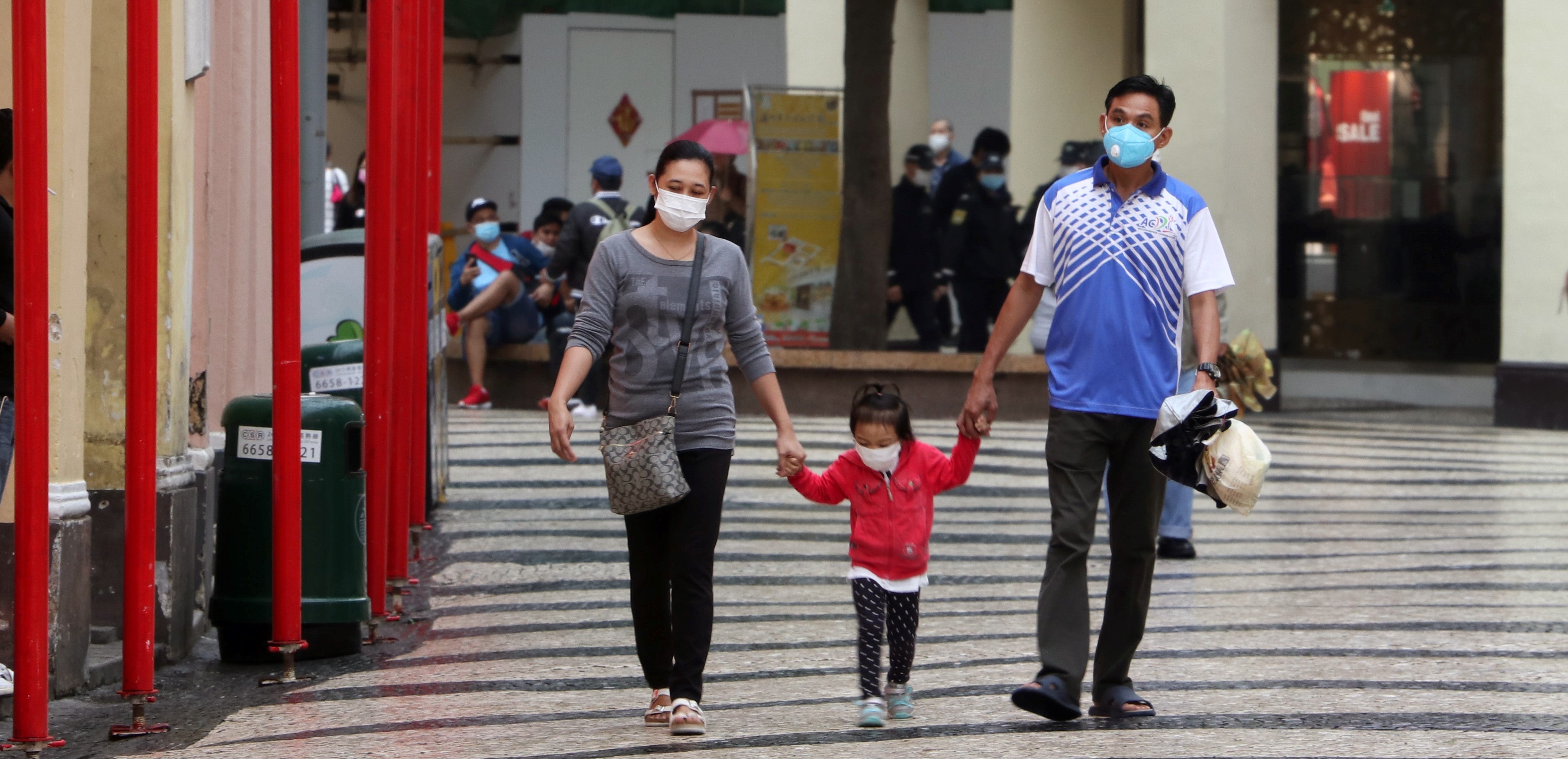 Huge numbers of countries have reported disruptions to routine health and nutrition services, with low and middle-income countries worst affected.
Huge numbers of countries have reported disruptions to routine health and nutrition services, with low and middle-income countries worst affected.
One year ago, world leaders came together to step up their commitment to achieving health for all. The political declaration that was unanimously endorsed by all countries at the UN High-Level Meeting on universal health coverage (UHC) included a promise to allocate resources to achieve “financial risk protection, access to quality essential health-care services and access to safe, effective, quality and affordable essential medicines and vaccines for all” – a major reaffirmation of the global commitment to Sustainable Development Goal 3.
Today, our world looks very different. The pandemic has flipped our world upside down. It is ravaging health systems, economies and livelihoods across the globe. Huge numbers of countries have reported disruptions to routine health and nutrition services, with low and middle-income countries worst affected.
A global response to COVID-19 and UHC
Save the Children has released the Protect a Generation Report, based on a global survey – the largest of its kind – of more than 25,000 children, parents and caregivers around the world and how COVID-19 has impacted them. The survey revealed that 90% of families have struggled to access healthcare and medicine. Nearly all surveyed households that had lost over half their income during the pandemic reported difficulties in accessing health services, suggesting that cost was a barrier.
In response to COVID-19, the World Bank Group has committed up to USD 160 billion of financing over 15 months tailored to the health, economic and social shocks countries are facing -- delivering record support to over 100 countries, home to 70 percent of the world population.
Additionally, the Global Financing Facility for Women, Children and Adolescents (GFF) is helping countries build resilient health systems while ensuring that safe and equitable delivery of essential health and nutrition services for women and children is a central part of COVID-19 response and recovery efforts.
The pandemic’s impact on achieving universal health coverage
The impact of the pandemic on children’s health and well-being is devastating.Global progress on improving child survival is at risk. At least half of the world’s population already lack access to basic health services and up to 100 million could be pushed into extreme poverty because they have to pay for basic health care. There is no doubt that the impacts of coronavirus will exacerbate this and that the most vulnerable and marginalized children will be hardest hit. Projections indicate that up to 1.2 million more children could die over six months because of increased pressure on health systems, disruptions to routine healthcare and increased wasting.
While the pandemic creates inevitable setbacks, political and public support for health systems around the world has never been higher. The global community must seize this moment to reinvigorate momentum towards achieving UHC. The COVID-19 pandemic creates an urgency to turn rhetoric into action, and an opportunity to deliver health for all.
An opportunity for change
Save the Children is launching a briefing that sets out the scale of the challenge and calls on governments and donors to protect the health and well-being of a generation of children. They are making the case for more investment in strong and resilient health systems that can prepare for and respond to disease outbreaks while continuing to deliver critical routine services.
Based on the analysis, countries with lower levels of public investment in health have faced bigger disruptions to essential services. Countries must learn from the current and past pandemics, including Ebola, and prioritize investment in public health systems that can prepare for and respond to public health emergencies. Simultaneously, they need to continue to deliver good-quality essential services for all, with needed protections for the most vulnerable in society. This must be alongside action to ensure those services are free the point of use so that cost is not a barrier to people accessing the healthcare they need.
While there are concerns about shrinking fiscal space for health due to the economic impacts of the pandemic, different financing approaches can ensure that health becomes a permanent, long-term political priority across the world. This includes increasing progressive and redistributive taxation and budget allocations to health; making efficiency gains; prioritizing investments from debt relief; and development aid.
Health is a human right and essential services must be available to all, especially the most vulnerable people. Now, during the greatest health emergency of our generation, is the time to step up to the plate to deliver health for all. Just one year ago, the world committed to do just that and we must deliver on that promise.


Join the Conversation